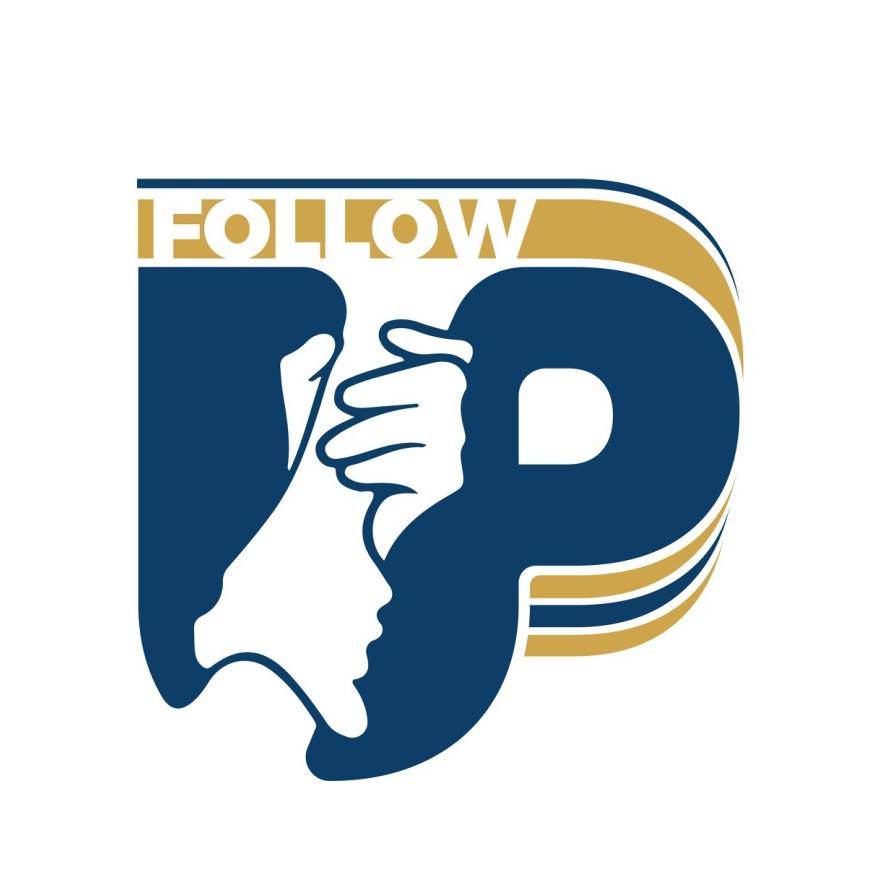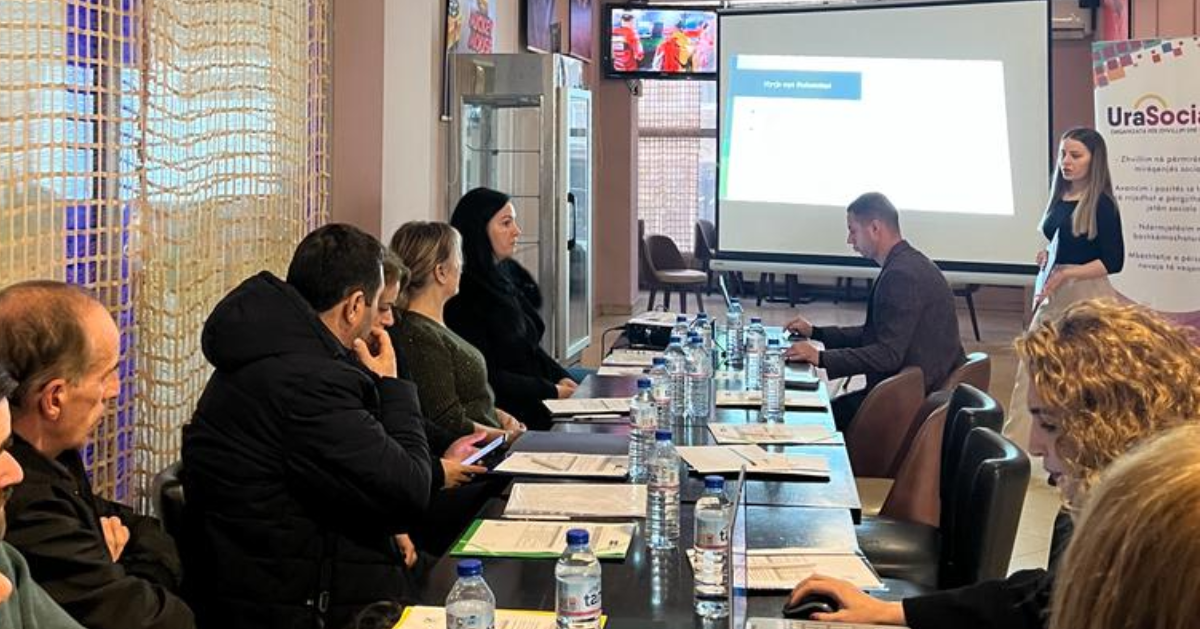On 19 Oct. in Brussels, the Kosovo Women’s Network (KWN) presented its Kosovo Women’s Fund (KWF) to civil society focal points from delegations working in European Commission (EC) Neighbourhood and Enlargement countries, as well as representatives from the headquarters of the EC’s Directorate-General for Neighbourhood and Enlargement Negotiations (DG NEAR), Directorate-General for International Cooperation and Development (DG DEVCO) and European External Action Service (EEAS).
“Your insights concerning the experience of the Kosovo Women’s Network (WN) on using sub-granting to reach out to grass-root organizations will be very valuable,” stated Lawrence Meredith, Director of “Neighbourhood East” in DG NEAR. KWN’s presentation was organized at his invitation and with support from the EC.
KWF offers an example of best practices in supporting under-reached civil society organizations (CSOs), including those working in rural areas and with vulnerable groups.
KWF provides women-led CSOs with the resources they need to make changes within their communities. KWN’s unique approach to funding seeks to encourage solidarity among women’s rights activists and collaboration in working together as a women’s movement in implementing the KWN Strategy for 2015-2018, designed and adopted by KWN member organizations.
During her presentation, Nicole Farnsworth, KWN Program Manager, emphasized the importance of giving long-term, institutional support to CSOs, enabling them to react rapidly to unforeseen policy or contextual changes and to plan and implement longer-term strategies that have greater impact. Related, she stated that donors’ current approaches to monitoring and evaluation need to be reviewed.
“Social change, particularly shifting gender norms and relations, takes time,” she said. “We cannot show impact overnight.” Longer-term, institutional support would allow CSOs to show greater impact over time, she said.
Established in 2012, KWF has sought to meet the needs of women-led CSOs that do not have access to funding from other donors. KWF was created via a very participatory process involving KWN member organizations. They discussed and decided upon the priority sectors, criteria, selection process, and membership of the Grants Review Committee, which scores applications towards selecting grant recipients. Grants up to €4,000 for an individual CSO and €8,000 for partnerships can last up to 18 months. CSOs that lack access to other funding, are in rural areas, work with ethnic minority groups, work with youth, and/or work with other vulnerable groups receive priority funding.
The KWF is somewhat unique in that all applicants can receive equal mentoring and support in preparing their project proposals. CSOs that do not receive grants receive letters explaining the reasons why and assistance with revising proposals for the next round. Grant recipients receive tailored mentoring throughout project implementation including in organizational management, financial management, public relations and advocacy strategies.
Since 2012, KWN has given 90 grants amounting to €259,092, from which 92 different organizations have benefitted, some in partnerships. At least 9,138 women and men have benefitted directly from grants (87% women), and 2,964 women have participated in decision-making processes, some for first time. KWF grants have enabled KWN members to advocate successful for at least 13 policy changes. KWN members’ project proposal writing skills, enhanced through KWF, have enabled several CSOs to secure funds from other donors for the first time.
A 2013 report entitled Where’s the Money for Women’s Rights? by KWN and Alterhabitus identified many of the needs when the Fund was established. The research involved surveying 90 women-led organizations and 40 donors in Kosovo. At that time, most CSOs had witnessed a decrease in funding and had insufficient resources for addressing issues they considered priorities. Further, 70% of CSOs had to reduce staff, cut activities, or work voluntarily. Additionally, 36% of CSOs were in jeopardy of closing, and some had closed with dire consequences for vulnerable groups. Organizations outside the capital, without English language skills and without computers faced significant challenges in accessing support. At the time, only 5 of 40 donors interviewed had earmarked funding for women-led organizations. Cutbacks in staff among donors decreased their ability to manage several small grants to different organizations.
This research was carried out in close collaboration with the Association for Women’s Rights in Development (AWID) and its international research initiative. KWN and Alterhabitus adapted AWID’s methodology to examine the needs of groups that do not have internet access or knowledge of the English language.
Recent AWID research has shown that women’s rights activists internationally continue to face shrinking spaces for their advocacy work and remain limited by short-term resources and insufficient core support.
KWF initially received support from the Kvinna till Kvinna Foundation. Today, the Austrian Development Agency and the European Union Office in Kosovo finance KWF.






